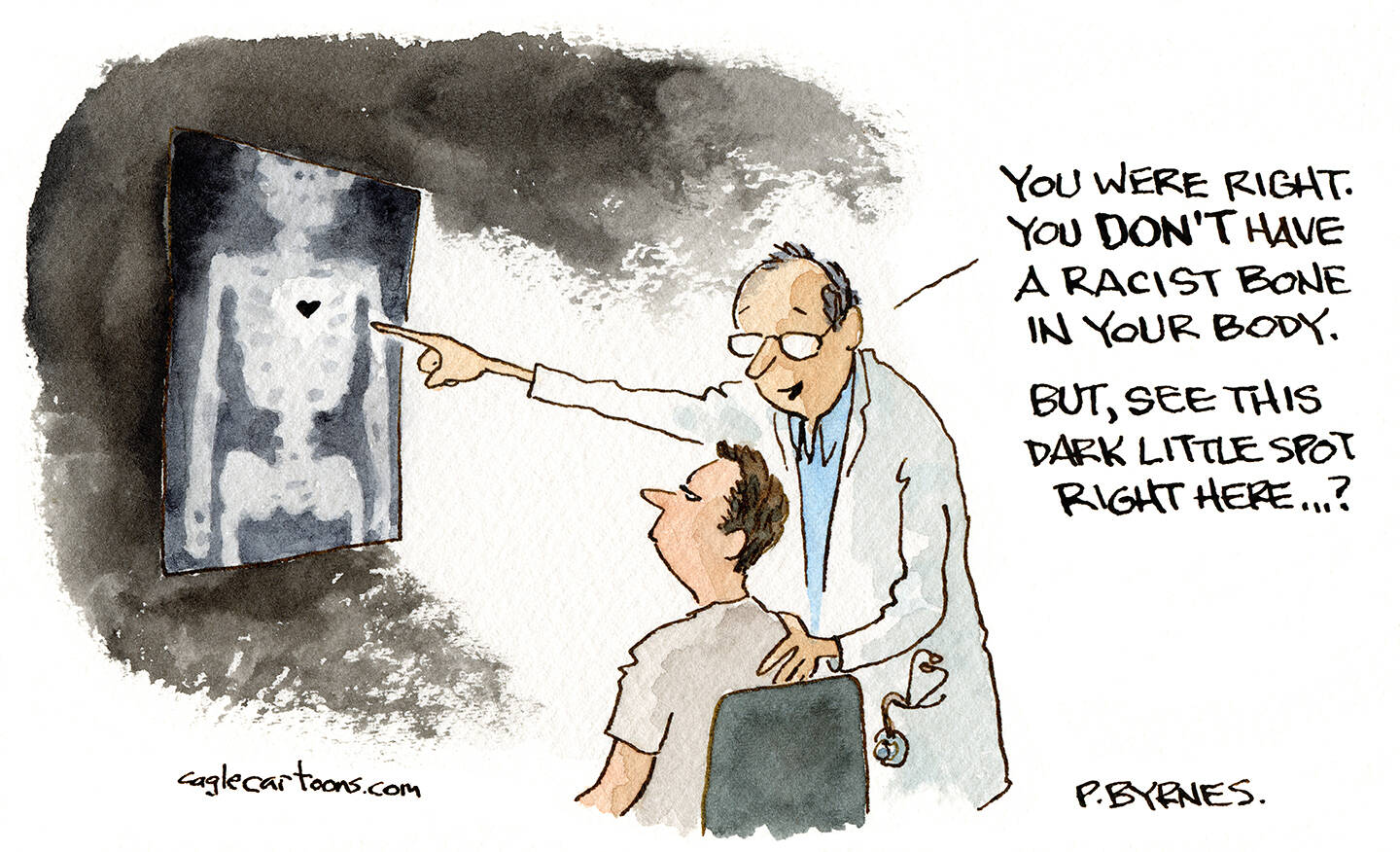Malcolm X said it best in a 1962 speech: “The most disrespected person in America is the Black woman. The most unprotected person in America is the Black woman. The most neglected person in America is the Black woman…”
More than 60 years later, those words still ring true. Recently, it’s an apt description as it relates to footage of a horrific incident that occurred in Houston.
Ro Bashe, a Somali immigrant, took to social media to show viewers her badly injured face. Bashe said a man hit her with a brick and then ran away. The reason for his violent actions, Bashe said, was that she refused to give him her phone number.
In the same video, she chastised the Black men who witnessed the encounter, screaming at them and asking why none had intervened. “I want you to be a man and do something!” Bashe yelled. “You gonna let a man hit me in my face?”
The incident exposed the interlocking intersection of racism and sexism. There were some disturbing similarities between a number of Black men’s reactions to the video and the way white racists often respond to acts of violence directed toward Black people in general. A segment of Black men were hostile, callous and downright dismissive of Bashe and the violence she encountered.
There were those who claimed she was an unapologetic feminist who bashed Black men on websites and thus was not worthy of protection. Some men stated she was not a “true” woman because she is a lesbian. Others argued they could not justify defending a woman they did not know and possibly risk physical harm. Such lame, ridiculous and cowardly excuses were a sad sight to witness.
It has been that sort of complicity and willful disingenuousness from notable segments of the Black community that has enabled men of all races, including other Black men, the ability to escape punishment for their sinister behavior. Perpetrators of such sadistic behavior tend to be subjected to a watered-down version of belated justice or suffer no consequences for their actions. The undisputed truth is that too many Black men are all too willing to adopt a “hear no evil, see no evil, fear no evil” philosophy when it comes to combating violence or vilification toward Black women.
Such intra-racial divisive drama manifested itself within the Black Power Movement, during the Mike Tyson-Robin Givens saga in 1988, and soon afterward between Tyson and Desiree Washington. Such drama again manifested itself during Anita Hill/Clarence Thomas hearings in 1991. More recent times have included R. Kelly v. Black female victims and Megan Thee Stallion/Tony Lanez. We are witnessing such brazen animosity in present day where Black female politicians, journalists, judges and prosecutors are routinely disrespected by former President Trump and other right-wing politicians.
The words of Black women are often given short shrift. From Hill to Givens, the ex-wife of Tyson, Black women are often not given the benefit of the doubt afforded their white counterparts. Media depictions of Black women as loudmouthed, combative and sassy have dominated the cultural landscape for decades. Though in recent years, we’ve been presented more positive images of Black women.
The undisputed truth is Black women have been the backbone of the Black race. They have kept our people above water.
Historically, Black women have come to the aid of Black men, white women (ask Hillary Clinton in 2016 and Doug Jones in Alabama) and pretty much everyone else, yet the same level of support and loyalty from others is rarely, if ever, reciprocated. Their historical tenacity coupled with undeniable impervious loyalty and fierce strength has been nothing short of herculean.
Such continued disloyalty and betrayal from others, in particular, Black men, cannot continue. Black women deserve better from everyone.
Copyright 2023 Elwood Watson, distributed by Cagle Cartoons newspaper syndicate. Watson is a professor of history, Black studies, and gender and sexuality studies. He is also an author and public speaker.



